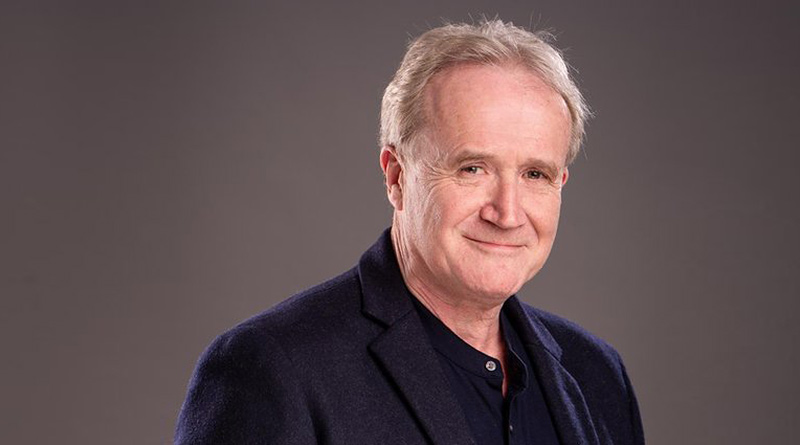New Sec Of State Must Tackle Social Care
Mountain of information points to need for care reform
THE new Health and Social Care Secretary must urgently tackle the growing crisis in social care to ease pressure on the NHS, campaigners said today.
The care provider organisation, the Independent Care Group (ICG) said a mountain of evidence for social care reform grew bigger every day and it was ready to help Victoria Atkins as she gets to grips with the job.
ICG Chair Mike Padgham said:
“We welcome Victoria Atkins to the post of Secretary of State and wish her well in the role.
“We would urge her to make reform of social care her number one priority. Solving the crisis in the care of older and vulnerable adults, getting funding into the sector and tackling the staffing crisis will help ease problems across her brief. Getting social care back on track will ease pressures within the NHS and that must be her first main focus.
“We, and other colleagues in the sector, have a wealth of knowledge and sensible, practical suggestions to help and would be delighted to meet with her to discuss the way forward, as soon as possible.
“She faces a growing tsunami of reports crashing on to the shore. Growing hospital waiting lists, rising numbers of delayed discharges, cuts in funding for social care reform and a warning over the future health of older people… the litany of warnings just keeps growing and growing.
“So many of these reports revolve around successive governments – including this one – failing to properly reform social care and give older and vulnerable people the care they need and deserve.”
In recent days, The National Audit Office revealed that the Government has cut the funding for its planned reform of social care by 58% – diverting some £1bn of the £1.7bn allocated, to other priorities. The money had been earmarked as part of 10-year reforms which included capping the cost of lifetime care.
Meanwhile reports of delayed hospital discharges – often due to a lack of available social care – continue to emerge. National figures suggest up to 58% (13,000 people) are unable to leave hospital even though they are able to – mainly because there is no homecare and residential care available.
Figures from the BBC Data Unit revealed examples – like at Doncaster and Bassetlaw Teaching Hospitals NHS Foundation Trust between July 1, 2022, and June 30 2023 on an average night 88.1% patients who had been identified as ready to be discharged that day were still occupying a bed at midnight.
In the same period, at Leeds Teaching Hospitals NHS Trust on an average night 64.9% of patients who had been identified as ready to be discharged that day were still occupying a bed at midnight.
And at York and Scarborough Teaching Hospitals NHS Foundation Trust on an average night last year 66.4% of patients who had been identified as ready to be discharged that day were still occupying a bed at midnight.
These delayed discharges contribute to rising hospital waiting lists – the latest figure, for September, showed 7.77m people waiting for non-emergency care – up from 7.75m in August. More than a million are waiting for more than one procedure.
England’s chief medical officer, Prof Sir Chris Whitty, warned in his annual report that older people, particularly those living in deprived regions, faced significant health issues unless improvements to healthcare provision were made.
Recent figures from the DHSC revealed that 61% of local authorities were worried about a lack of domiciliary care.






